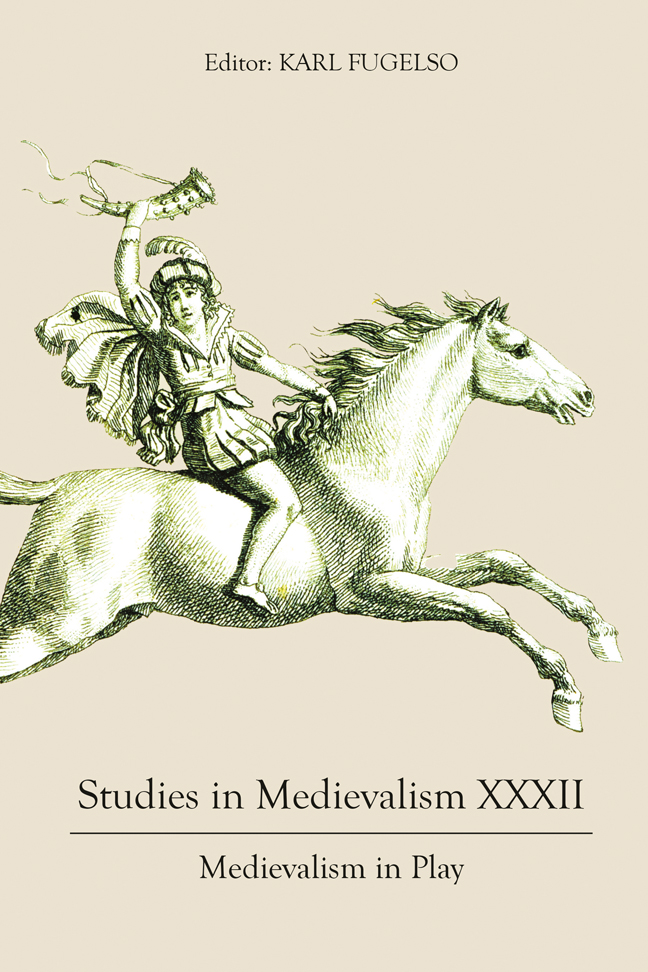Fenian Medievalisms, from Imperialist to Insurrectionist: Reimagining the Fenian Cycle and the Future of Ireland, 1878–1916
Published online by Cambridge University Press: 12 January 2024
Summary
Almost a hundred years after the publication of Scottish writer James Macpherson's Ossian Poems (1760–65), which are purported translations of ancient Highland epics that were actually reinvented by Macpherson himself, the Irish Ossianic Society was founded to discredit Macpherson and establish the Ossianic, or Fenian, heroic cycle as a noble and unequivocally Irish contribution. As noted by Nicholas O’Kearney in the first volume of the Transactions of the Ossianic Society, access to Ireland's worthy Fenian tradition depended largely upon medieval manuscripts, sources that the society and similar organizations translated, studied, and discussed in the mid- to late-nineteenth century. Though invested in glorifying Irish culture, the Ossianic Society – exposing the political potential of such material – maintained a clear nonsectarian policy, stating “that all matters relating to the Religious and Political differences prevailing in this country, be strictly excluded from the meetings and the publications of the Society.” But, in response to these antiquarian developments, some Fenian medievalisms emerged that were bound by no such stipulation. This essay examines how Irish writers from the Land War to the Easter Rising of 1916 used Fenian medievalism as a vehicle for political dialogue, and, more specifically, as a site upon which to construct essentialist visions of Ireland and its national future in relation to the British Empire.
First, I suggest that writer and historian Standish James O’Grady (1846–1928) reinvented Fenian materials in terms of medievalist ideals to shape a chivalric, duty-driven Irish identity suitable to his anti-revolutionary, imperialist agenda. I then argue that insurrectionists Patrick Pearse (Padraig MacPiariais) (1879–1916) and Constance Markievicz (1868–1927), drawing from O’Grady, reinterpreted Fenian narratives to instead create an Irish identity defined by a knightly fighting spirit in order to promote revolution, an endeavor that culminated in the Easter Rising. These writers each reinvent the Fenian cycle to reconstruct the essence of the Irish identity in a manner conducive to their own specific national program. Yet, while they pursue oppositional political interests through their particular, medievalized formulations of intrinsic Irishness, they readapt each other's rhetoric, models, and strategies. Their Fenian medievalisms, thus, not only reveal a multiplicity of Irish nationalisms in this period – demonstrating a plurality of competing constructions of essentialist Irish identities – but also their mutual dependence.
- Type
- Chapter
- Information
- Studies in Medievalism XXXIIMedievalism in Play, pp. 149 - 170Publisher: Boydell & BrewerPrint publication year: 2023



